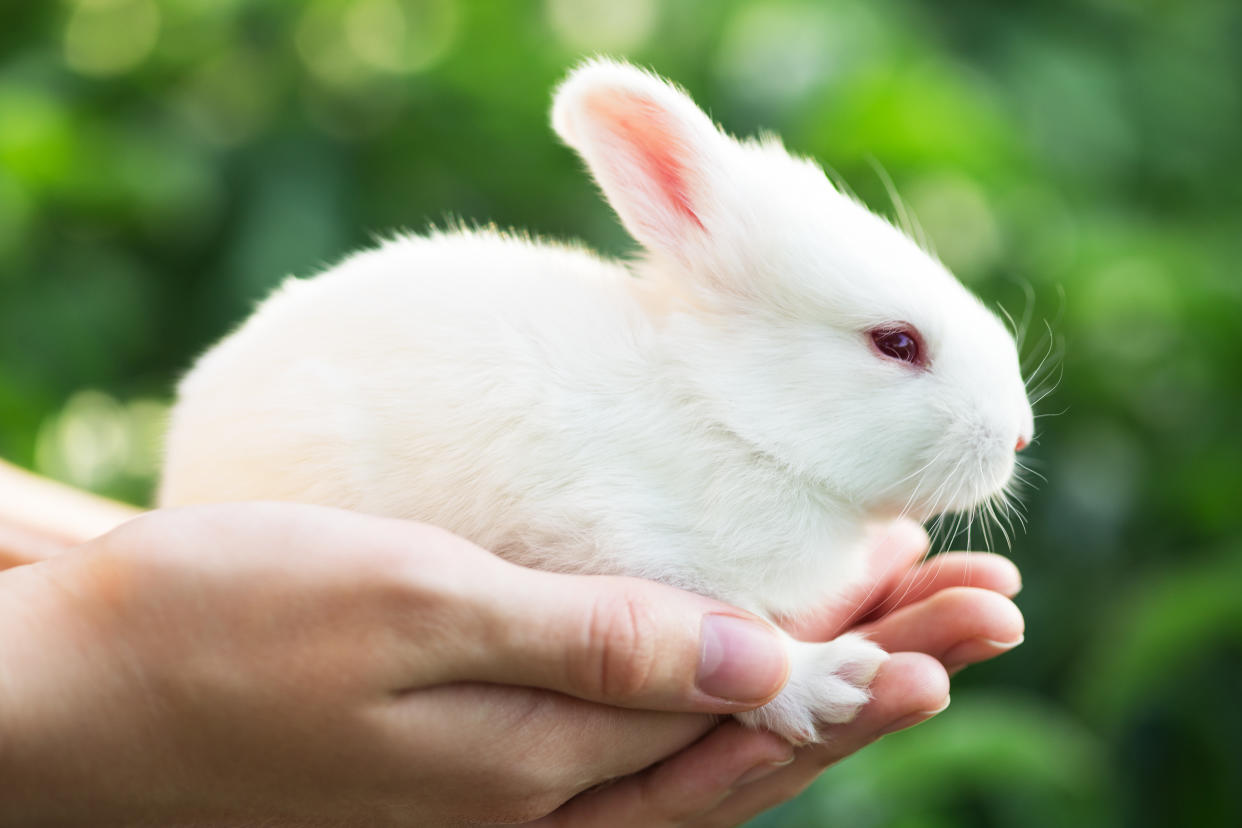8 rabbits dead from fatal disease detected in Singapore, first such local cases

SINGAPORE — A highly contagious, acute and fatal disease that primarily affects rabbits was first detected in Singapore on Wednesday (16 September) and eight have succumbed to it, said the Animal & Veterinary Service (AVS).
The Rabbit Haemorrhagic Disease is not transmissible from animals to people and does not affect other animal species, said the AVS, which comes under the National Parks Board, on Thursday.
The virus that caused the disease was detected in samples from pet rabbits submitted by a veterinary clinic.
“Based on investigations so far, there may be up to 11 affected rabbits in the cluster, and eight have died. None of the cases are known to have a travel history. Epidemiological investigations are ongoing,” said the AVS.
The AVS said it would be working with veterinary clinics and distributors on importing and registering vaccines for the disease.
Stakeholders – such as veterinarians, and the relevant animal welfare groups, and pet establishments – have also been engaged to share related information and advisories, it added.
“Stakeholders are advised to put in place strict biosecurity protocols to minimise risk of disease transmission between rabbits from different households, including sanitation, disinfection and isolation areas, and to report any suspect cases to the AVS,” it added.
Rabbit Haemorrhagic Disease
The virus that causes it is transmitted between rabbits through direct contact with infected fluids, fur, and carcasses.
Transmission through objects – for instance, shoes, clothing, and equipment – and insects have also been recorded.
Surviving rabbits can continue to shed the virus for at least a month after they recover. The incubation period of the disease is between one and five days.
Clinical signs may include anorexia, dullness, prostration, nervous signs, groans and cries, or respiratory signs such as breathing difficulties or discharge from the nose.
Death may occur within 12 to 36 hours once clinical signs develop. Supportive care can be provided for infected rabbits, but there is no specific treatment available for the disease.
Cases have been reported around the world – in places such as Europe, Australia, New Zealand, Africa, parts of Asia – in both domestic and wild rabbit populations.
It is a notifiable animal disease in Singapore and to the World Organisation for Animal Health – all suspect cases must be reported to the AVS.
The risk of the disease is low for rabbits that are housed indoors with minimal exposure outdoors and to rabbits from other households. Pet owners are advised to:
Minimise contact between their pet rabbits with visitors and other rabbits, especially if owners are not aware of their health status
Practise good personal hygiene, such as washing their hands with soap before and after being in contact with their pets or other animals
Keep the housing and environment of the rabbits clean
Bring their pets for veterinary treatment, if they observe their pets to be unwell
Stay in the know on-the-go: Join Yahoo Singapore's Telegram channel at http://t.me/YahooSingapore
More Singapore stories:
COVID-19: Singapore confirms 11 new cases, lowest since 12 March
Singapore company develops COVID-19 test kit that significantly speeds up diagnosis
Serial molester who targeted females on buses jailed 33 months



